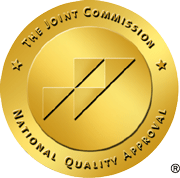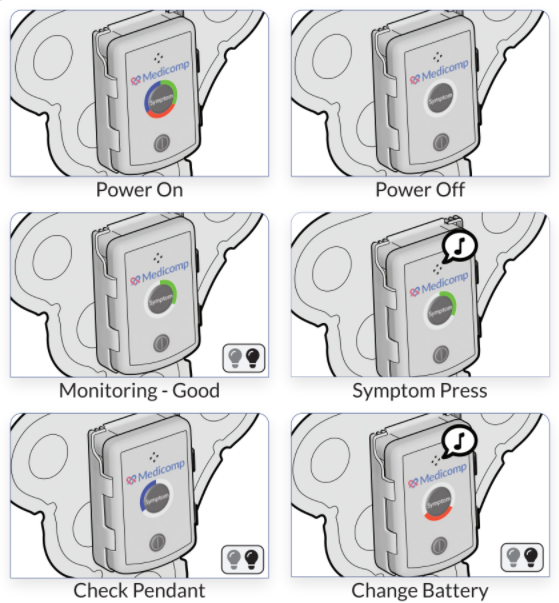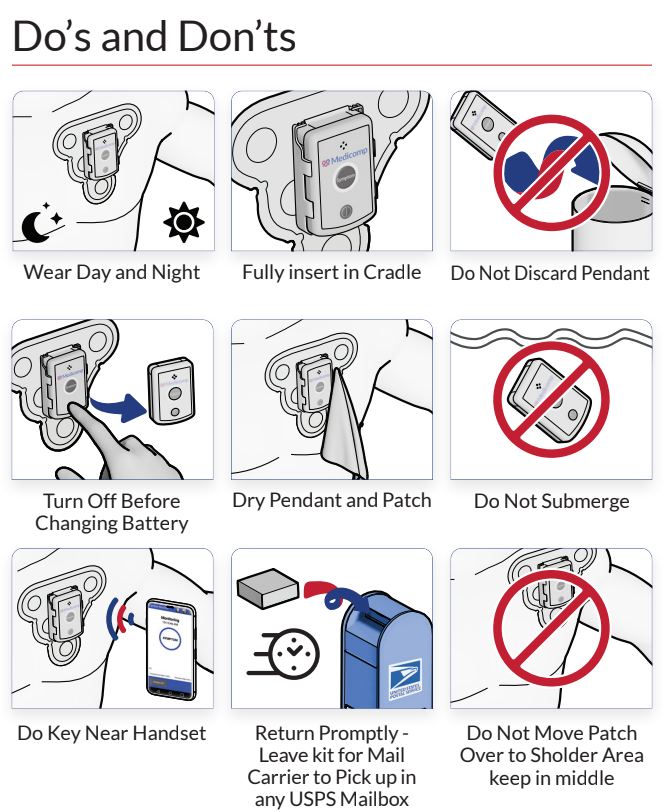As technology continues to advance, more and more devices are being invented to help patients improve their overall health. Fitness trackers are designed to do just that, and the latest models are even capable of sending the information they collect straight to your doctor. ReactDx, the makers of a top-notch mobile cardiac monitor, report on the newly developed fitness trackers below.
Most fitness trackers can be worn on a person’s wrist. Because of their ease of use, trackers have grown in popularity. In fact, Statista says that the number of people utilizing wearable fitness trackers is expected to jump from 325 million in 2016 to 830 million by 2020. Doctors will likely find that more patients are willing to wear a fitness tracker over coming into the office for routine testing.
So what information do fitness trackers gather? Depending on the specific device, it is possible for doctors to see how much walking you’ve done, the speed at which you traveled, what your heart rate was throughout the day, and even how well you slept. Some devices are even capable of recording your brain activity and measuring your breathing rates. Patients can also add the foods they consume to the tracker so doctors are aware of how many calories they are eating.
There are two main ways fitness trackers benefit a patient’s treatment. First, patients will be more likely to change their bad habits if they know the device is recording their information and sending it to their doctor. They’ll be motivated to get in more steps, eat better, and develop a healthier sleep pattern. Second, doctors won’t have to worry about patients embellishing the truth, as they will have accurate data sent directly to their computers. Doctors can use these facts to develop a more appropriate treatment plan.
Patients who are more likely to develop heart disease will want to take advantage of fitness trackers. A cardiologist will be able to monitor the patient more closely, and even be alerted if the device detects irregular heart rhythms. To learn about mobile cardiac monitors and how doctors use them to detect heart disease, call ReactDx at 800-234-3278, or read our News & Updates page.




